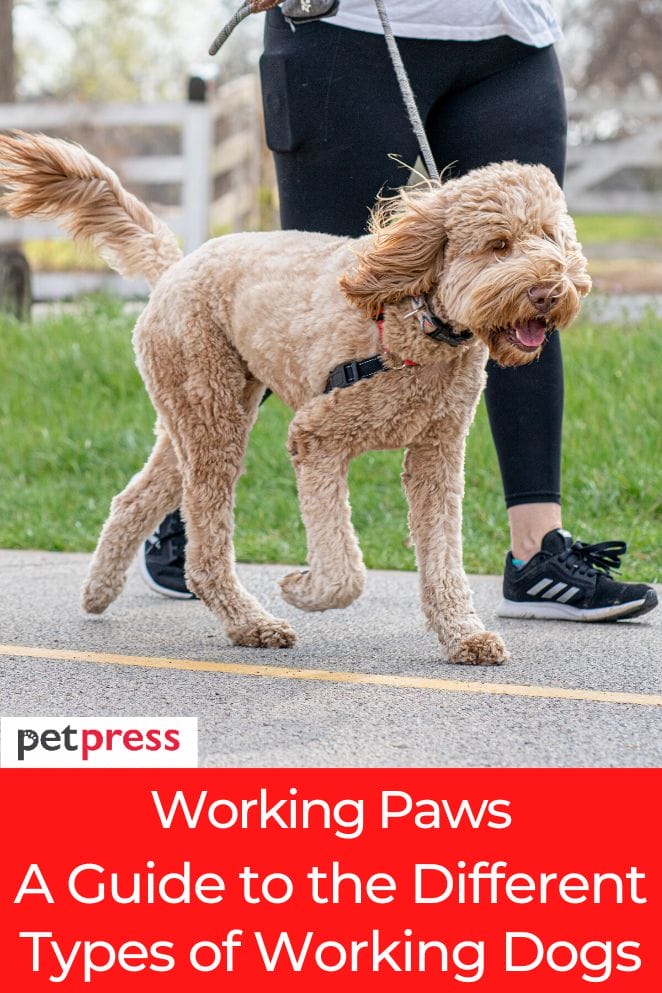
Working dogs are indispensable in diverse fields, leveraging their innate instincts and rigorous training to execute specific tasks.
Their contributions to society range from detection and police duties to providing assistance and herding.
This article will delve into nine categories of working dogs, examining the specialized roles they are trained to fulfill.
9 Types of Working Dogs
Detection Dogs

Specialized in utilizing their exceptional sense of smell, detection dogs are extensively trained to locate a variety of substances, including drugs, explosives, and contraband.
These canine professionals play a pivotal role in crucial areas such as law enforcement, border security, and public safety.
The breeds commonly chosen for detection work include beagles, known for their acute olfactory abilities, as well as Labrador retrievers and golden retrievers, prized for their intelligence and trainability.
Police Dogs
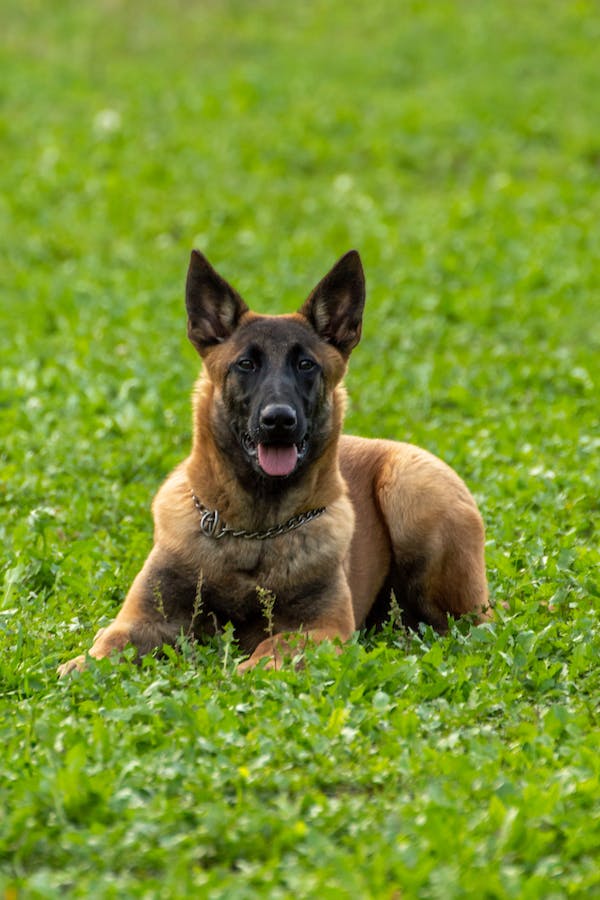
Widely recognized as K-9s, police dogs undergo intensive training to assist law enforcement agencies in a multitude of tasks.
These tasks include tracking suspects, apprehending individuals, and detecting illicit substances like drugs or explosives.
German shepherds and Belgian Malinois are frequently employed as police dogs due to their intelligence, agility, and innate protective instincts.
These breeds’ versatility makes them valuable assets in maintaining public order and enhancing the effectiveness of law enforcement operations.
Service Dogs
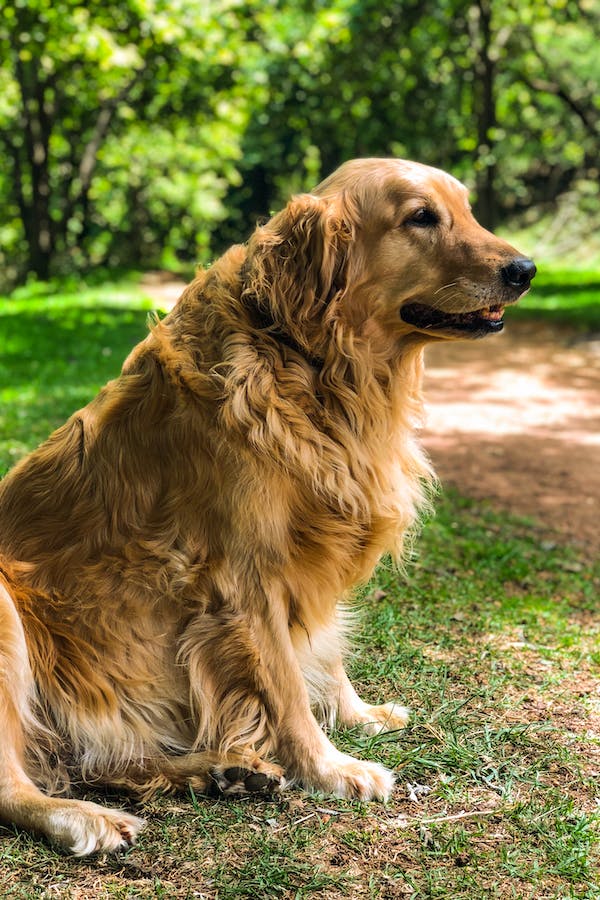
Service dogs undergo specialized training to assist individuals with various disabilities, enhancing their daily lives and fostering independence.
These remarkable canines are trained to perform a range of tasks, including opening doors, retrieving items, and alerting their handlers to specific medical conditions.
Beyond their practical support, service dogs provide invaluable companionship, offering emotional comfort and a sense of security.
Guard Dogs
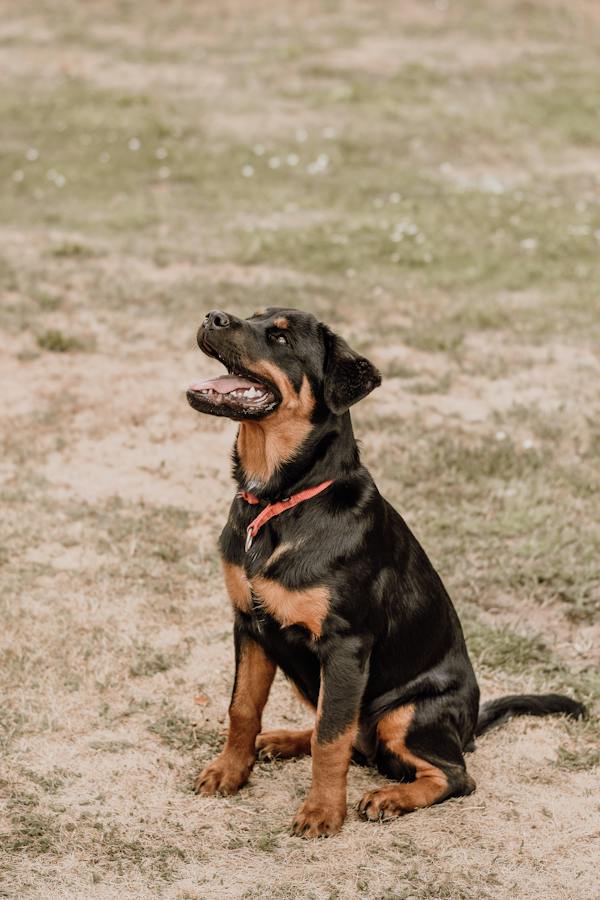
Guard dogs play a crucial role in safeguarding property, individuals, or other animals.
Known for their loyalty, heightened alertness, and innate ability to confront potential threats, these dogs serve as effective deterrents.
Breeds such as the German shepherd and Rottweiler are frequently chosen for this role due to their intelligence, strength, and protective instincts.
Guard dogs are trained to assess and respond to situations, making them reliable guardians of both residential and commercial spaces.
Herding Dogs

Possessing a natural instinct to control the movement of other animals, herding dogs play a crucial role in agriculture by assisting farmers in managing their livestock.
These intelligent and agile canines are commonly employed to herd animals such as sheep and cattle.
The herding process involves the dogs using a combination of controlled barking, body movements, and strategic positioning to guide and corral the animals.
Breeds like the Border Collie, Australian Shepherd, and German Shepherd are well-regarded for their herding capabilities.
Military Working Dogs
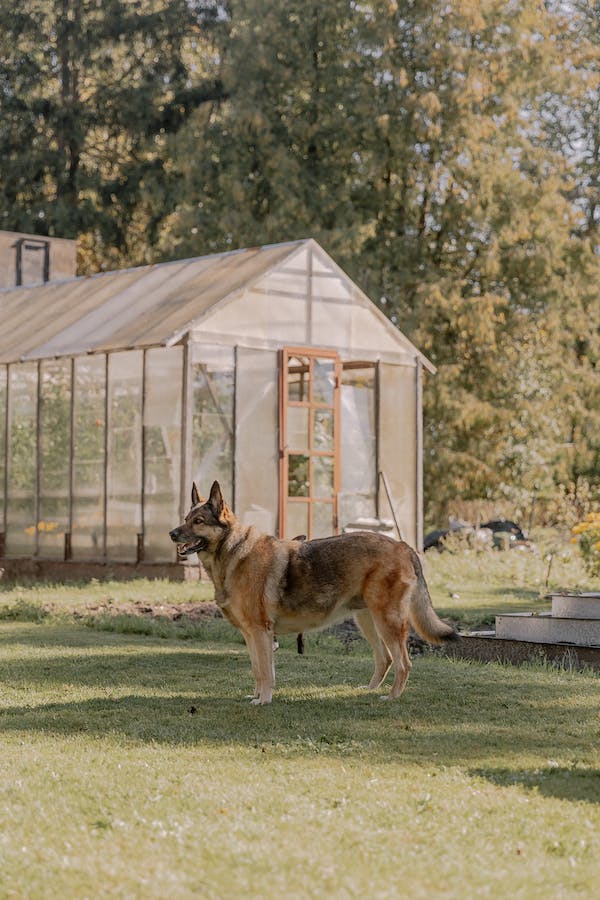
With a rich history of service alongside the military, military working dogs have proven to be invaluable assets in various capacities.
These highly trained canines undergo rigorous training to perform diverse tasks, including detecting explosives, patrolling, and providing essential support in combat situations and search-and-rescue missions.
The bond between military personnel and their canine counterparts is exceptional, as these dogs not only enhance operational efficiency but also provide companionship and emotional support to the servicemen and women they work alongside.
Breeds such as the German Shepherd, Belgian Malinois, and Labrador Retriever are often chosen for their intelligence, agility, and adaptability in demanding military environments.
Therapy Dogs

Trained to provide comfort, affection, and emotional support, therapy dogs play a vital role in various settings, including hospitals, nursing homes, and schools.
Their gentle and friendly nature makes them adept at improving the well-being of individuals they interact with.
The training these dogs undergo emphasizes calm and predictable behavior, making them ideal companions for those in need.
The positive impact of therapy dogs extends beyond physical comfort, contributing to emotional healing and creating a reassuring atmosphere in diverse environments.
Search-and-Rescue Dogs
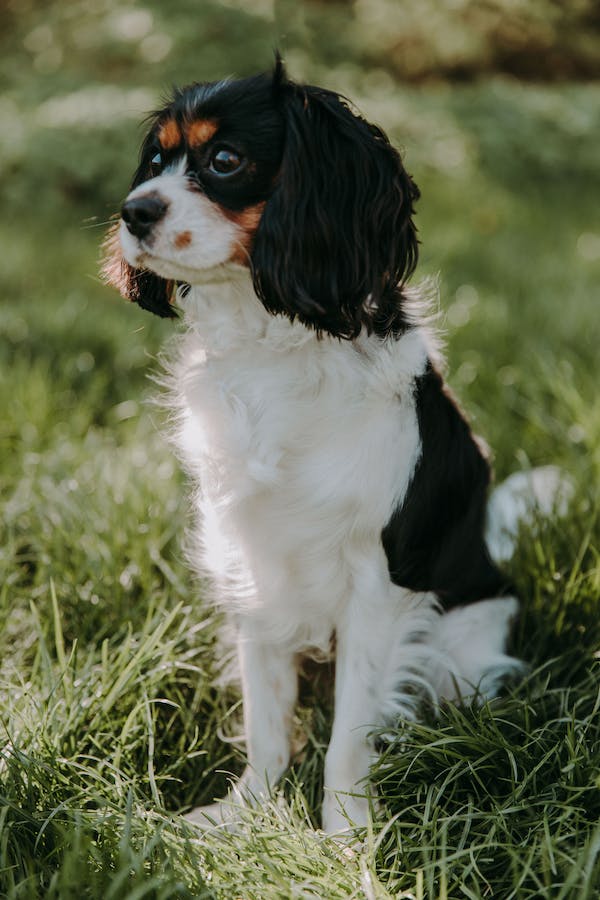
Search-and-rescue dogs are highly trained to navigate challenging environments and locate individuals, particularly in situations like natural disasters and wilderness settings.
These canines undergo rigorous training in tracking and scent detection, allowing them to find people who may be trapped or lost.
Their specialized skills make them invaluable assets in emergency response efforts, aiding in the swift and efficient location of individuals who require assistance.
Livestock Dogs
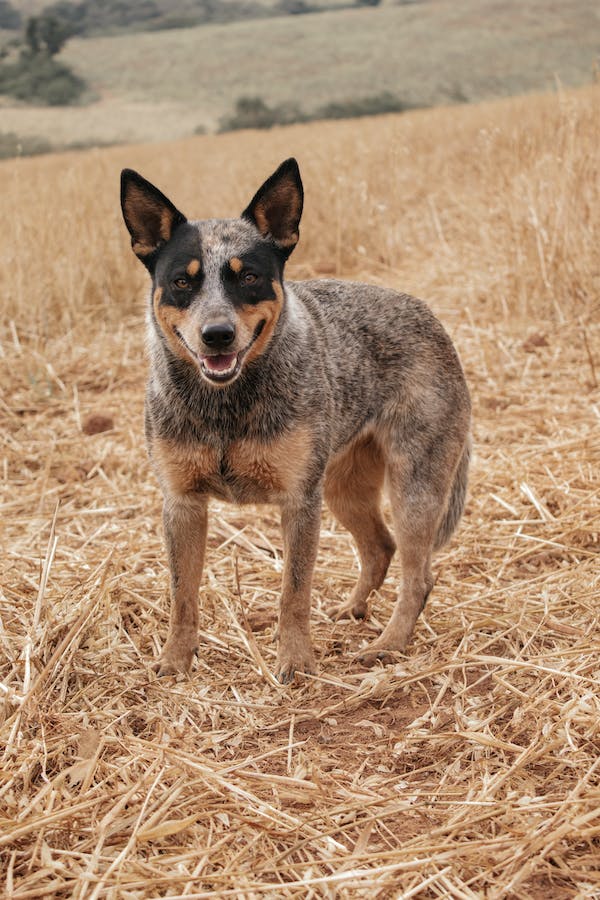
Livestock dogs, exemplified by breeds like the Border Collie and Australian Cattle Dog, are specifically bred to assist farmers and ranchers in managing and protecting their livestock.
These dogs work closely with humans to herd, guard, and control the movement of animals.
Known for their intelligence, agility, and herding instincts, these breeds contribute to the efficient and organized handling of livestock.
Their ability to understand and respond to the needs of both farmers and animals makes them indispensable partners in agricultural settings.
Breed Characteristics
Working dogs possess a diverse set of characteristics that align with their designated roles.
These traits encompass loyalty, alertness, intelligence, strength, and a robust work ethic.
The selection and training of different breeds are tailored to meet the unique demands of the tasks they are expected to perform.
Each dog’s inherent qualities contribute to its effectiveness in fulfilling specific responsibilities within various fields, showcasing the importance of understanding and harnessing breed-specific traits for optimal performance.
Conclusion
In society, working dogs play indispensable roles across diverse sectors, enhancing public safety, contributing to health, and supporting various industries.
Through specialized training and inherent abilities, these dogs adeptly perform a broad spectrum of tasks, emerging as invaluable assets in a myriad of fields.
Their versatility and contributions underscore the profound impact these canine professionals have on the well-being and functioning of society at large.
FAQs
German shepherds and Belgian Malinois are among the most commonly used breeds for police work due to their intelligence, agility, and strong sense of loyalty.
Therapy dogs are trained to provide comfort and emotional support to people in various settings, contributing to the well-being of individuals in hospitals, nursing homes, and other facilities.
Service dogs are trained to assist individuals with disabilities in various tasks, including retrieving items, opening doors, and providing emotional support and stability.
- Does Cat Litter Melt Ice? The Complete Guide to Winter Safety - January 30, 2026
- Happy Tail Dogs: Understanding This Common Canine Condition - January 29, 2026
- How Cold Can Outdoor Cats Handle? Feline Winter Safety - January 27, 2026


GIPHY App Key not set. Please check settings